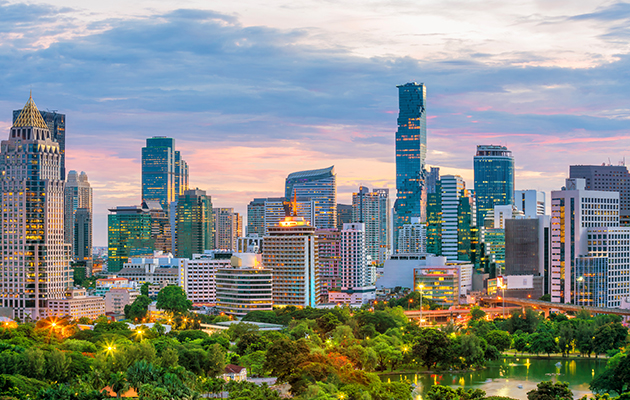Food safety is regulated by a number of laws in India, both statutory and case law. India has a quasi-federal governmental system, which was established under the Constitution of India in 1950 (“Constitution”), wherein law-making can be undertaken by the federal parliament (which is the central legislature; “Parliament”) or state legislatures, or both, depending on the subject matter. Adulteration, trade, commerce, production, supply, and distribution of food, are matters on the Concurrent List, which means that both the Parliament and state legislatures can pass laws on these matters. The main statute, which was passed with a view to consolidating food safety laws in India, is the Food Safety and Standards Act, 2006. However, certain aspects continue to be governed by...To read the full article, please see the PDF file
*October 28, 2022 Made some minor corrections.
-
Asia / Agri-food Newsletter (October 5, 2022) (244 KB / 7 pages)
Download PDF [245 KB]


![[Series: Current Status and Legal Considerations of Agri-Finance] Part 2: Debt Financing for Agricultural Corporations](/sites/default/files/common/img/tmb-food-anf-agriculture-01.jpg)



Taeko heads the firm’s India practice, and advises Japanese corporations investing and doing business in India, with a special focus on dispute resolution (litigation and arbitration), and regulatory work (criminal and competition related matters). She also handles jurisdictions such as Sri Lanka, Pakistan, the UAE, Bangladesh, Nepal, Maldives, and other countries in South Asia, the Middle East and Africa.